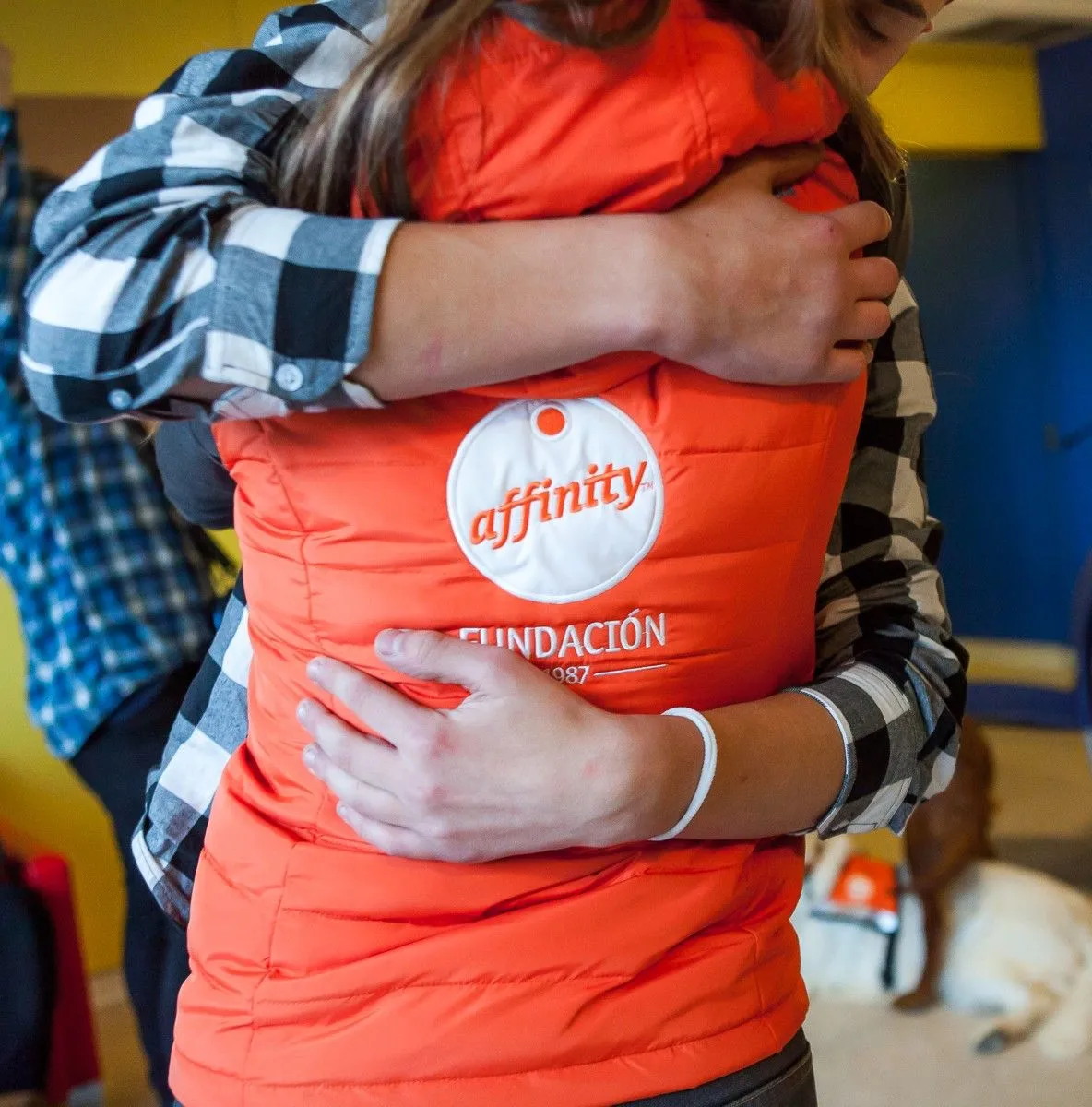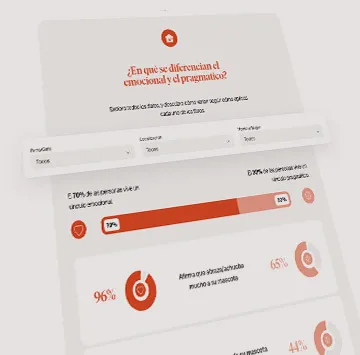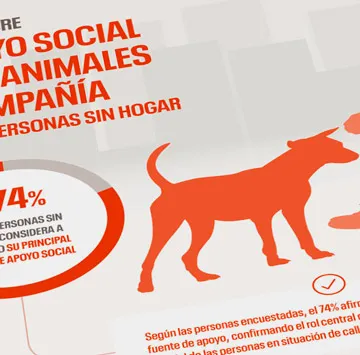Hay muchas cosas que tu perro o gato no puede hacer por ti. Pero sí te ayudará a llevarlas mucho mejor
El Vínculo que nos une enriquece la experiencia de los perros, los gatos y las personas que cuidan de ellos y muchas veces tiene un impacto profundamente positivo en la salud emocional de ambos, ayudando a mejorar a toda la sociedad.
Es una relación que suma: estimula la resiliencia, la comunicación con los demás y la empatía. Fortalece el tejido social porque promueve relaciones más saludables.
Trabajamos por las Relaciones que marcan la diferencia.
Y lo hacemos...
Investigando sobre la relación humano-animal, llevando a cabo programas de Terapias Asistidas con Animales y concienciando sobre el rol de los perros y gatos en la sociedad.
Historias de vida

Conoce mejor
el Vínculo
¿Qué beneficios aporta el convivir con un perro o un gato? ¿Por qué se siguen abandonando animales?
Descubre respuestas a estas y otras preguntas a través de nuestros estudios.
Conoce alguna de nuestras iniciativas...
Nuestro impacto
Pioneros en introducir terapias
con animales en España: en centros penitenciarios, hospitales, residencias, escuelas...
Más de 100.000 personas beneficiadas
por los programas de terapias asistidas con animales desde 1992
Primera campaña contra el abandono
"Él nunca lo haría, no lo abandones"
Estudio anual sobre el abandono
desde 1995
+700 historias reales de vínculo
Testimonios inspiradores que son un homenaje a nuestros perros y gatos.
Animales No Son Cosas
Campaña que promovió el cambio del Código Civil junto al observatorio Justicia y Defensa Animal
Primer grupo investigador
sobre el vínculo desde 2011: La Cátedra Fundación Affinity Animales y Salud
+30 años
llevando a cabo campañas anuales de concienciación
Referentes en medios de comunicación
sobre temas de convivencia responsable, abandono y vínculo








